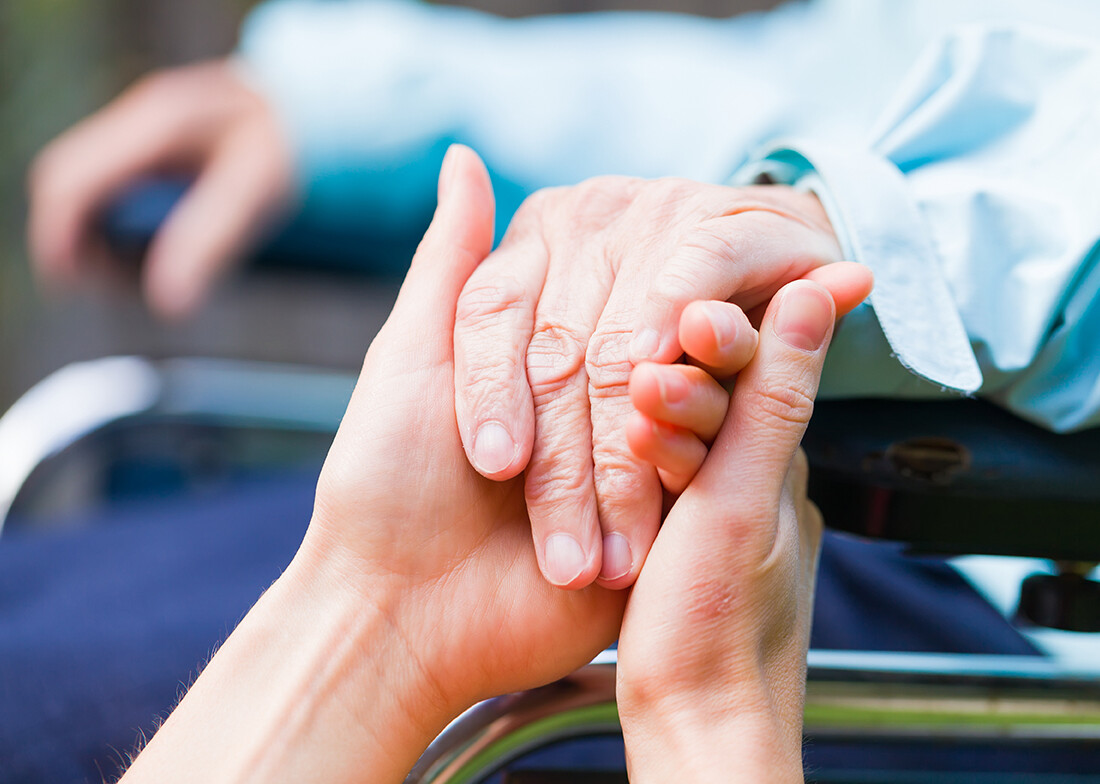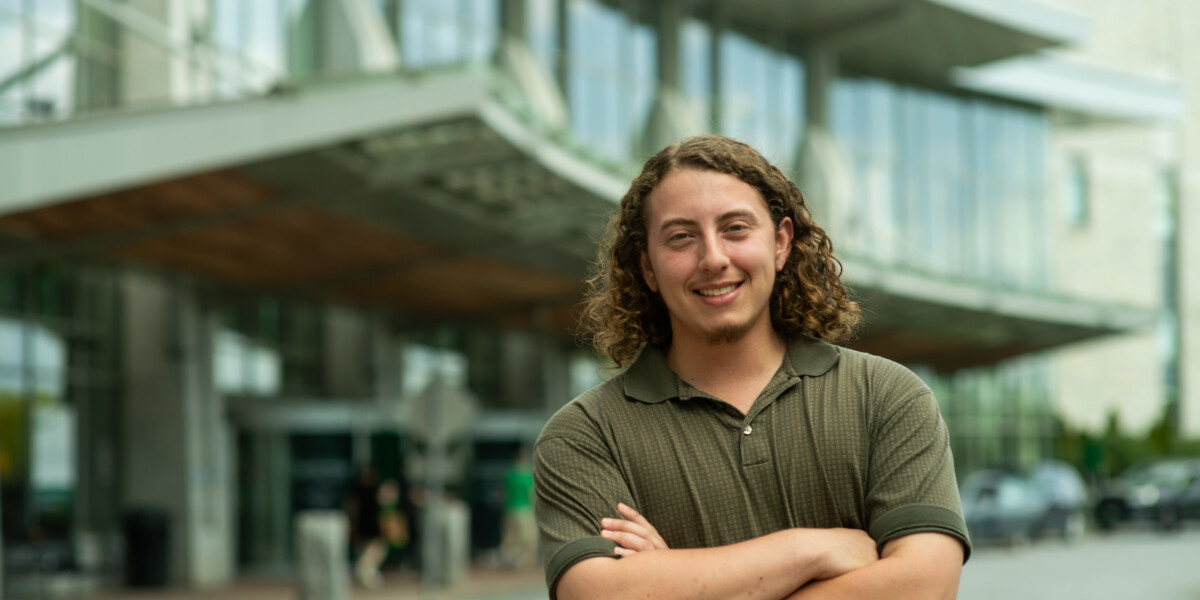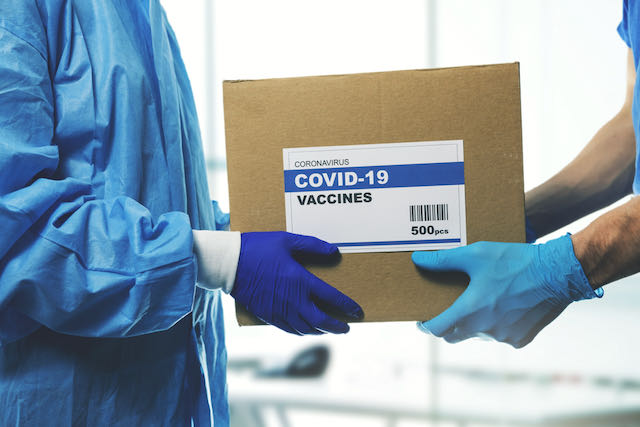By Kymelya Sari
Seven Days
Roberta MacDonald guffawed when she remembered a riddle her friend once asked her: What’s the No. 1 cause of death? No, it’s not heart disease or cancer, as one might typically guess. “It’s birth,” said MacDonald. “That was Paula’s line — I love that.”
Paula Fives-Taylor, professor emeritus of microbiology at the University of Vermont, died in January 2015. In the last few months of her life, MacDonald moved into the octogenarian’s house to be her primary caregiver while still working full time at Cabot Creamery Cooperative.
The two women had met years earlier at a hospice volunteer training course led by Fives-Taylor. Through her own experience as her former teacher’s caregiver, MacDonald discovered gaps in end-of-life services. She decided she wanted to educate others on how to support individuals in their final months or days — as an end-of-life doula.
“Doula” comes from the Greek word doul, which means “female servant or slave.” In modern usage, the word refers to a nonfamily member who provides nonmedical emotional, spiritual and physical support during major life transitions, particularly birth or death.
In 2016, MacDonald approached UVM Continuing and Distance Education proposing an end-of-life doula program.




